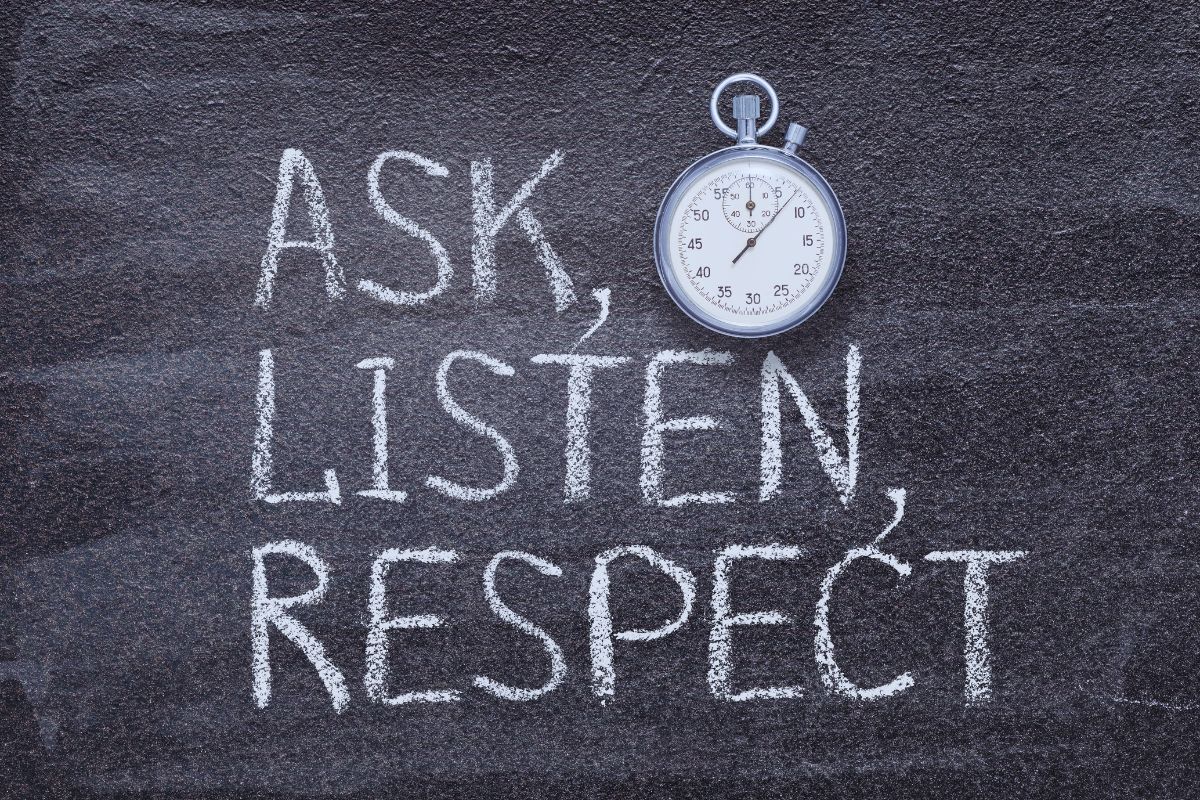The True Definition of Kindness and Its Importance

Published Aug 01, 2021
When you hear the word “kindness”, what’s the first thing that comes to mind? Is it about being nice to other people? Or is it doing good things whenever possible?
Truth is, there is more to kindness than being nice and doing right by others. In fact, there may not be a single word that can describe the true meaning of kindness.
The dictionary defines kindness as the quality of being friendly, generous, and considerate. Other synonyms of kindness are goodwill, warmth, tenderness, selflessness, and benevolence.
Yet none of those terms can truly convey the significance and complexity of the word.
What is Kindness?
According to Mark Twain, kindness is the language that the deaf can hear and the blind can see. He is trying to tell us that kindness is universal. It can traverse boundaries, race, and even disabilities.
But does this define kindness? In a way, yes. But it’s just one facet of being kind.
Another inspirational figure who attempted to untangle the complex definition of kindness is the Dalai Lama. He said:
“This is my simple religion. There is no need for temples; no need for complicated philosophy. Our own brain, our own heart is our temple; the philosophy is kindness.”
While American politician Frank A. Clark said that kindness makes a fellow feel good whether it’s being done to him or by him.
So what does this tell us?
This just demonstrates how wide and varied our interpretation of the word is. The meaning of kindness is relative to each individual and there is no one right definition of the word.
It comes in many forms and may not always be as simple as doing good things. What comes as “good” and “right” for someone may not necessarily be viewed as such by another.
In theory, what counts as right and good is clear-cut. We are taught that doing good things constitutes kindness. But in reality, what’s “good” isn’t always obvious. There are instances when the boundaries between good and bad are muddled. And making a choice to be kind isn’t always easy.
But as Orly Wahba said:
“When you’re faced with a choice, choose to inspire, choose to empower, choose to stand for those who have lost the will to stand for themselves.”
Different people tend to look at kindness in different ways. But empathy, understanding, and compassion are universal. Accepting and helping everyone no matter who they are or where they came from is kindness in and of itself.
Kindness in the Bible
There are a lot of verses in the bible that define kindness.
In Paul’s letter to the Ephesians, he has this to say about kindness:
Be kind to one another, tenderhearted, forgiving one another, as God in Christ forgave you. (Ephesians 4:32)
While in another letter to the Colossians, he wrote:
Put on then, as God’s chosen ones, holy and beloved, compassionate hearts, kindness, humility, meekness, and patience (Colossians 3:12)
This means that being kind to others is your own way of following in God’s footsteps. It’s the ultimate expression of your love for God. It’s how we tell Him that we are choosing Him in as much as He chose us.
Proverbs 11:17 also tells us that a man who is kind benefits himself, but a cruel man hurts himself. Indeed, kindness not only makes others happy. It uplifts your spirit too.
Just think of the last time you’ve done a random act of kindness. What did you feel? I’m sure you felt satisfied and elated. Not the self-serving kind of satisfaction, but a genuine feeling of happiness that only comes from helping others.

What Does It Mean To Be Kind?
Kindness Involves Making a Choice
What makes someone truly kind is because they keep choosing to be kind. Even if it means having to sacrifice. Or saying no to others.
This is what distinguishes someone who wants to be “kind” from a person who wants to be “nice”. The former would choose the path that their conscience dictates. No matter how unpopular it is or that they might be scorned by the people they love. While the latter choose that which will make them look good in front of others.
Like when someone asks you for money but you have doubts as to what they’ll spend it for. Being nice means you’ll just give them what they want so as to avoid their ire. But if you really want to be kind, you will want what’s best for them. And that means not giving them the money they want. They might get angry at you and call you unkind words. But at the end of the day, you helped them which is far more important than having a sparkling reputation.
You Deserve Kindness Too
Being kind shouldn’t be reserved only for others. You need to be kind to yourself too because you, like everyone else, deserve kindness too.
Treat yourself as you would anyone else. Avoid criticizing or putting yourself down. Instead, offer yourself kind words every day. Steer clear of people who are stressing you out and stick with those that inspire you. After all, you can’t give what you don’t have. The same is true with kindness. You can’t be truly kind to others if you can’t even be kind to yourself.
Being Kind Can Change the World
They say that “respect begets respect”. The same is also true with kindness. A simple, random act of kindness can inspire others to pay it forward. It triggers a chain reaction of people being kind to others. It creates ripples which in time can grow to become waves. Before you know it, you’ve started a kindness movement. It starts in your community, then your country, then the world. This is one of the most profound effects of kindness. A single, random act that you didn’t think much about can potentially change the world.
Donate To The Poor & Homeless Of South Florida
Our Father’s House Soup Kitchen has fed the poor and homeless in South Florida over 900,000 hot meals since 1993. Our tax deductible non profit organization also accepts and distributes donations such as clothing, toiletries, shoes, bicycles, and more. You can donate to help the poor and homeless through our website.

Reviewed For Factual Accuracy
Our team meticulously fact-checks all website content before publishing. Discover more about our website’s editorial standard here and the dedication we uphold.

About The Author
Judy Ponio is a professional writer and devoted Christian. She has a passion for writing about topics related to morality and helping the poor and homeless. She is the lead author for the Our Father’s House Soup Kitchen blog.
Correct Digital, Inc is paid by private donors to provide website digital marketing services to this non-profit organization.





